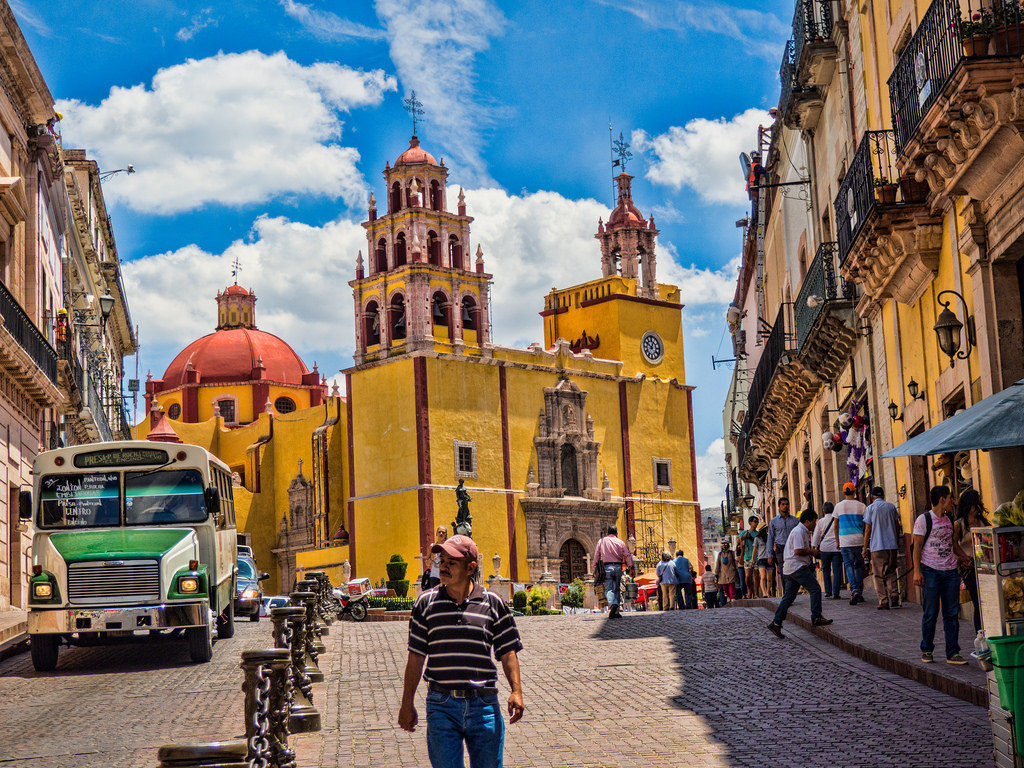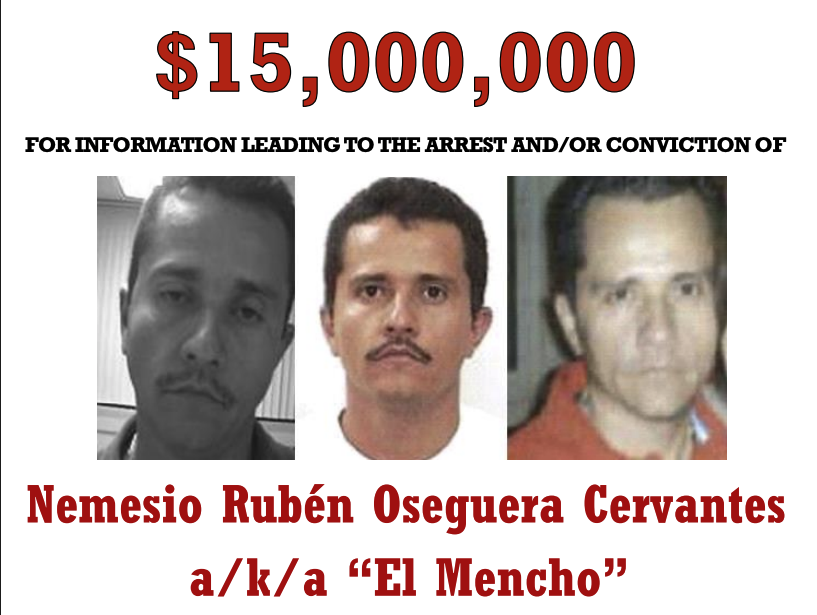Although changes to Mexico’s current Constitution are set to remain on hold, the new Mexican presidency has suggested that amendments will be made to bolster hydrocarbon laws. Meanwhile, a pause on the auctioning of new oil blocks could remain for around two more years. It marks a nod in the direction of oil company centralisation and is believed to enhance the dominance of state-run Petróleos Mexicanos.
Initial reports from Reuters highlighted that oil auctions had been set to take place in September of this year before the decision to postpone was announced. Originally consisting of private bidding on 45 onshore areas, both conventional and shale, it would have been one of the final ‘energy overhaul’ endeavours from current President Enrique Peña Nieto since he launched the project in 2013. Since that time, it has been reported that over 100 private contracts have been sold as the government attempt to break up the Petróleos Mexicanos stronghold.
The newly announced pause hopes to allow for a thorough investigation into private contracts in order to gauge the scope of any corrupt activity.
Although Pemex has been fervently challenged by President Nieto, when Andres Manuel López Obrador officially assumes power in December, the state-owned company is set to receive a massive influx of investments. Not only has the President-elect already suggested he will build up to two new refineries, he has also promised to increase oil production to 2.5 million barrels per day from the current 1.9 million. It signals the new government’s efforts to improve Mexico’s production and export of oil; an industry that has been in steady decline for over a decade within the country.
The subtle nationalisation of oil production, combined with the postponing of auctions, essentially point to an indefinite suspension of contract creation which might last for the duration of AMLO’s presidency. For now, the processes will allow for Pemex to have more freedom to choose partners as well as being allocated new blocks directly by the government.
Since first being nationalised in 1938, Pemex has grown to represent a symbol of Mexican production and national independence from other countries. In recent decades, however, the company has been neglected by Mexico’s governments which have led to its demise in status as well as production levels. The sector has also received increased threats from organised crime groups who have discovered the profit of drilling into national pipelines and stealing fuel. Under the new control of incoming energy minister Rocío Nahle and the Morena party, a shake-up of energy production is anticipated across the country.










